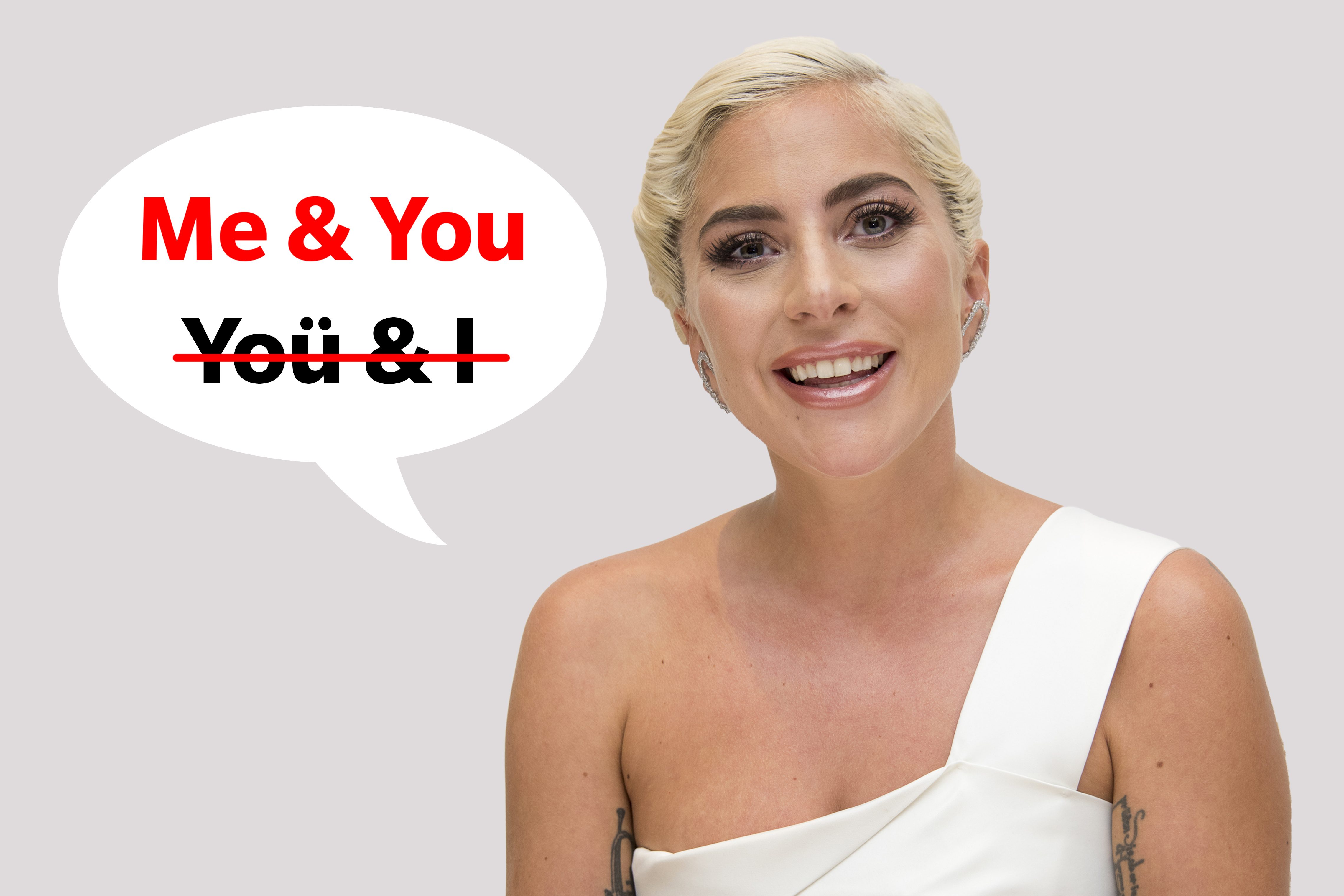
Grammar goofs on-screen and in song
If we’re going to point out grammar goofs, we’d better understand the point of grammar in the first place. And who better to explain than Sarah Chassé, the Reader’s Digest copy chief in charge of proofreading the issues you enjoy. “Grammar and punctuation serve as a guide to readers as they make their way through a sentence, in the same way that street signs and traffic lights guide drivers on the road,” Chassé says. “For people to communicate clearly and effectively, they need a common set of rules.” Chassé adds that following accepted rules can also signal quality. “If a news article is full of grammatical errors, readers will wonder if there are factual mistakes too.” But not everyone honors these rules of the road. “I don’t know of any medium that doesn’t use grammar incorrectly,” says Michael Adams, PhD, professor of English and linguistics at Indiana University. “It’s not hard to find incorrect grammar on a daily basis.” Follow these 41 little grammar rules if you want to sound smarter.

Frozen
In this hit Disney movie, Anna confronts Queen Elsa with the question: “What are you so afraid of?” But wait—isn’t it illegal to end a sentence with a preposition? Not at all, say the linguists. “Anna’s line is perfectly acceptable because it’s generated by the mental grammar of English speakers,” says Raffaella Zanuttini, PhD, Professor of Linguistics at Yale University. “Mental grammar,” she explains, is our set of internal rules that guides what sounds right to us—but it often gets trumped by the “prescriptive grammar” forced on us by English teachers. Dr. Adams completely agrees. “Not ending a sentence with a preposition is an 18th-century crazy rule,” he says. It came about because Latin—once emulated as the better language—rarely used free prepositions. “So we now have this leftover rule against end prepositions, even though today’s English naturally ends with prepositions all the time.” Think this is confusing? Check out the 20 most confusing rules in the grammar world.
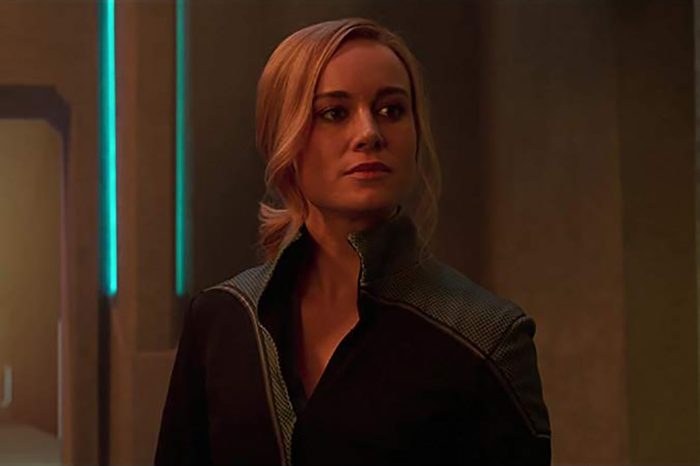
Captain Marvel
This 2019 movie blasts the catchphrase “Higher, further, faster!” But should it be “farther” instead? “The confusion over ‘further’ versus ‘farther” comes up all the time,” says Sara Ziegler, president of ACES: The Society for Editing. She suggests getting it straight by thinking of the “far” in “farther” as relating to physical distance (like, “the sun is far”), while “further” relates to figurative distance (like, “let’s discuss further”). As for Captain Marvel? “I don’t mind using ‘further’ in the movie. Although the character travels a long physical distance, she also “goes further” in a figurative way.” Ziegler adds that Merriam-Webster indicates these words have been used interchangeably, so the distinction might not be that crucial. Find out the 12 grammatical errors that even smart people make—we’ve all been there.
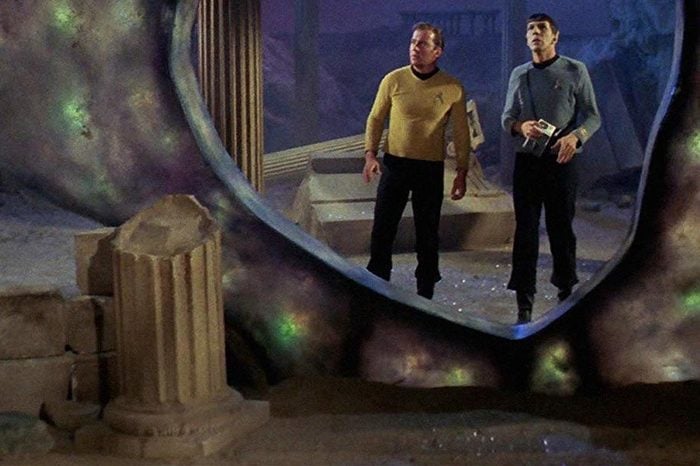
Star Trek
The average fan hears Star Trek‘s soaring title sequence and thinks of intergalactic adventure. The average editor hears something else. “The catchphrase ‘To boldly go where no man has gone before’ is an example of a split infinitive,” Chassé says, explaining that the adverb “boldly” is wedged in the middle of the infinitive “to go.” But this grammar rule seems to be softening. “Split infinitives were thought of as a no-no in the past, but most grammarians today don’t have a problem with them.” You can also boldly break these 9 other debatable rules.
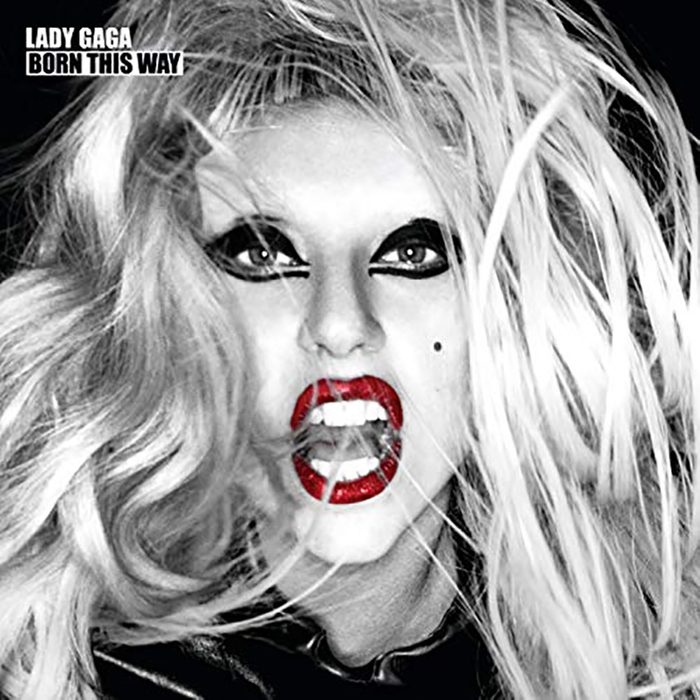
“Yoü & I”
The chorus of this Lady Gaga song ends with: “There’s something about, baby, you and I,” which an editor would correct to “you and me.” “With songs, you see a lot of rearrangements of the pronouns ‘me’ and ‘I,’ often to serve a rhyme,” says Adams, who cites some key pronoun history. In days of old, word order in sentences didn’t matter much because we had more word variations to relay meaning, like “thou,” “thee,” and “thine” all meaning “you.” These days with fewer pronouns, their order is more important. “Today we expect ‘I’s’ at the front of a sentence and ‘me’s’ at the end.” But, he adds, this rule has exceptions. “Often with a lyric, it doesn’t matter where you put ‘I’ or ‘me’ because everyone knows what the singer means.”
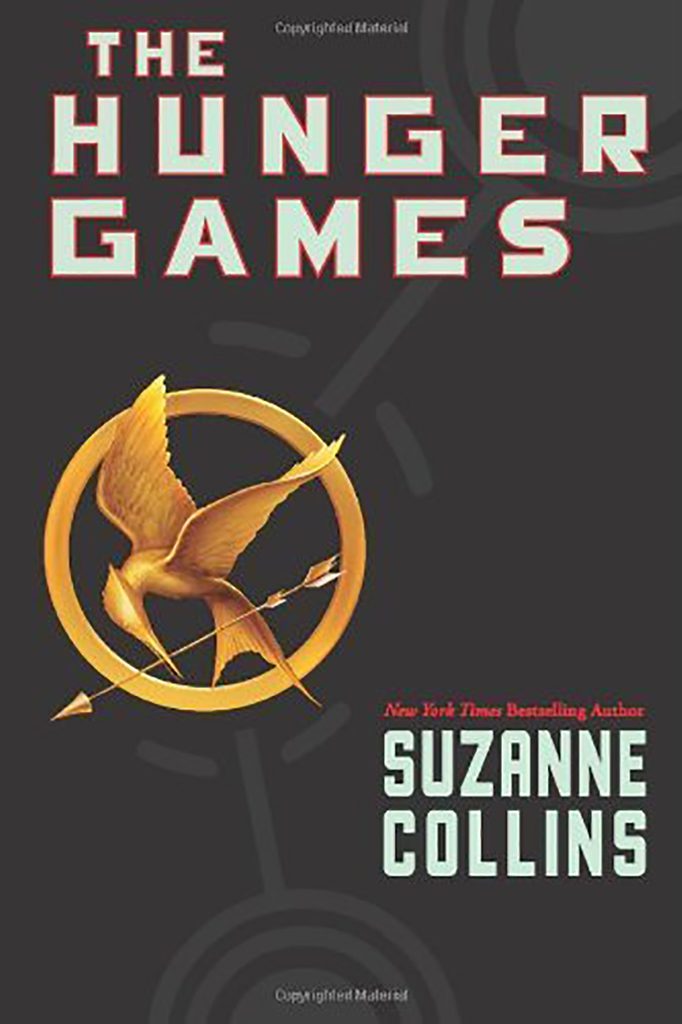
The Hunger Games
The first novel in Suzanne Collins’ The Hunger Games series has caught flak for grammar issues, including sentences like this: “Being the mayor’s daughter, you’d expect her to be a snob, but she’s all right.” An editor like Chassé spots the problem right away. “This is a dangling participle,” she explains. “The phrase ‘Being the mayor’s daughter’ is improperly referring to ‘you,’ but it should refer to the ‘her’ who isn’t snobby.” Fixing this grammar, she adds, would aid comprehension. The corrected sentence could read: ‘You’d expect her to be a snob, being the mayor’s daughter, but she’s all right.'”
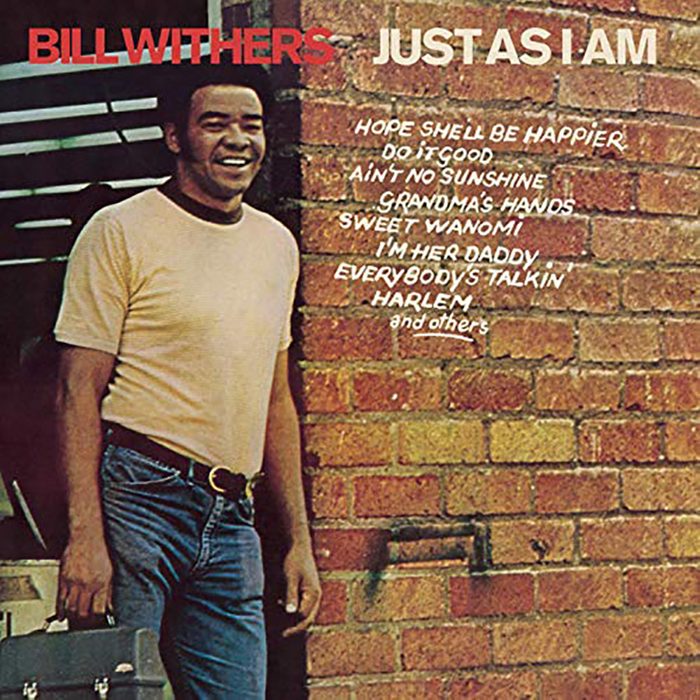
“Ain’t No Sunshine” and other “ain’t” songs
Tons of songs use “ain’t,” which is a nonstandard contraction of “are” and “not,” says Chassé, who lists examples like, “Ain’t Too Proud to Beg,” “Ain’t She Sweet?” and “Ain’t No Sunshine.” Properly, those three titles would be “I’m Not Too Proud to Beg,” “Isn’t She Sweet?” and “There’s No Sunshine.” But Chassé says this is one of those grammar rules you can let slide. “In these cases, I’d argue the ‘ain’t’ is more authentic,” she says. “It adds a certain punch that the proper constructions just don’t have.” Take a gander at how confusing language would be without proper punctuation.

24
Many of us loved watching TV hero Jack Bauer save the world in the FOX hit 24. But we hated hearing actor Kiefer Sutherland pronounce the word “nuclear” as “nukular.” “That’s a classic example of ‘metathesis,’ a process in which sounds in a word are re-arranged,” says Adams, who points out Sutherland isn’t alone. “Take George W. Bush, as well as Carter, Ford, and Reagan—they all said ‘nukular’ at least once in a public address.” This sound switcheroo is far from new, he adds. “Back in the 13th Century, many Middle English speakers called the things with feathers and beaks a ‘bridd,’ and I’ve imagined those grammarians telling their kids saying ‘bird’ is wrong. But certain words change over the centuries.” So Kiefer could be ahead of his time, after all, these grammar rules have changed a lot in the last decade,
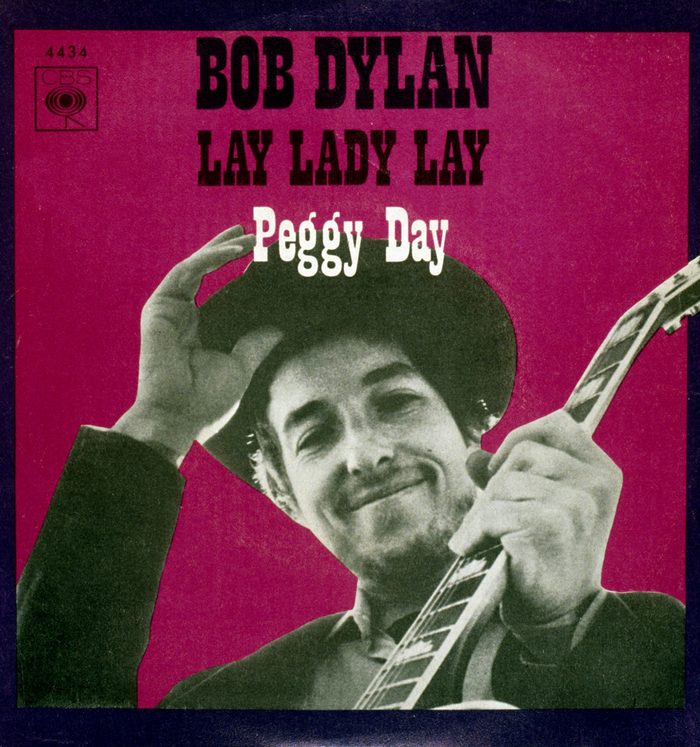
“Lay, Lady, Lay”
This classic Dylan tune suffers from some common grammar confusion. “Many speakers and writers of English are confused by ‘lay’ and ‘lie,’ and that is because they are confusing!” says Anne Curzan, PhD, professor of English, linguistics, and education at the University of Michigan. People tend to swap them, using phrases like “lay low” rather than “lie low.” So Curzan breaks it down: The verb “lie” is intransitive (that is, it doesn’t take an object). The verb “lay” is transitive (that is, it takes an object). “So technically, Bob Dylan has his verbs mixed up in “Lay, Lady, Lay,” as there is no object.” But how much does it matter? “In the end, is anyone confused by Dylan’s lyrics? That seems unlikely,” Curzan concludes. Find out some grammar myths your English teacher lied to you about.

The Dark Knight
When it comes to superhero movies, this hit managed to bug some language experts. “Heath Ledger’s The Joker uses the ‘Why so serious?’ tagline, which always jumped out at me,” says Shaheen Pasha, assistant teaching professor of journalism at Penn State University. She explains that it lacks a verb and subject, so it should be corrected to “Why are you so serious?” But does editing the line make it better? “It’s a popular phrase that people use, and I think that illustrates why grammar needs to be fluid, especially when we’re talking about colloquial usage in creative settings,” Pasha says.
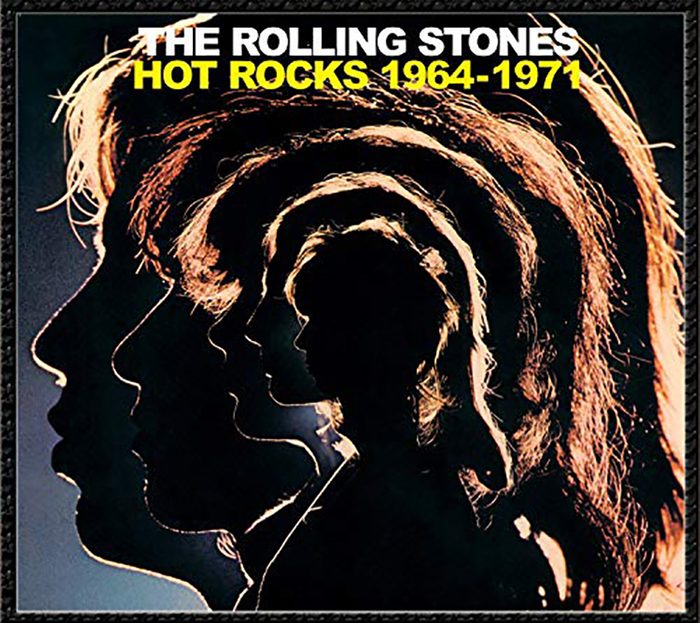
“I Can’t Get No Satisfaction”
In this catchy song we have the Rolling Stones committing the “double negative” crime of combining can’t and no, which an editor would correct to “I can’t get any satisfaction.” But Curzan defends Mick and his mates, pointing out that double negatives have a long history in English. “I also find it hard to believe anyone is confused by this lyric. Is Mick Jagger satisfied? Clearly not! Do those negatives cancel each other out? No.” Zanuttini adds to the defense, explaining that plenty of other languages combine two negatives. In Italian, you’d express “I haven’t seen anyone” by saying “Non ho visto nessuno,” which translates to “not have seen no one,” she says. See how this Stones song and other classic rock tunes are ruined by correct grammar.
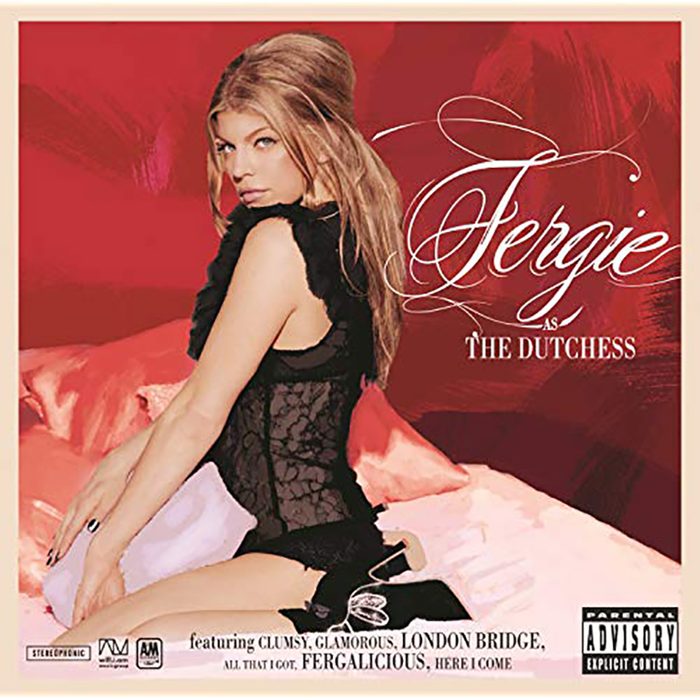
“Big Girls Don’t Cry”
In this 2006 song, Fergie sings, “I’m gonna miss you like a child misses their blanket.” It’s a short lyric with some big grammar issues. “Back when the song came out, that line always hit my ear as wrong—very strictly, it should be ‘his or her blanket,’ because ‘child’ is singular and gender-neutral, and ‘they’ is plural,” says Chassé. But she points out that Fergie’s use of “they” dates back centuries, and this usage has become more acceptable in recent years in consideration of nonbinary people. “Plus, who expects Fergie to shoehorn those extra beats into her lyric?” Chassé asks.
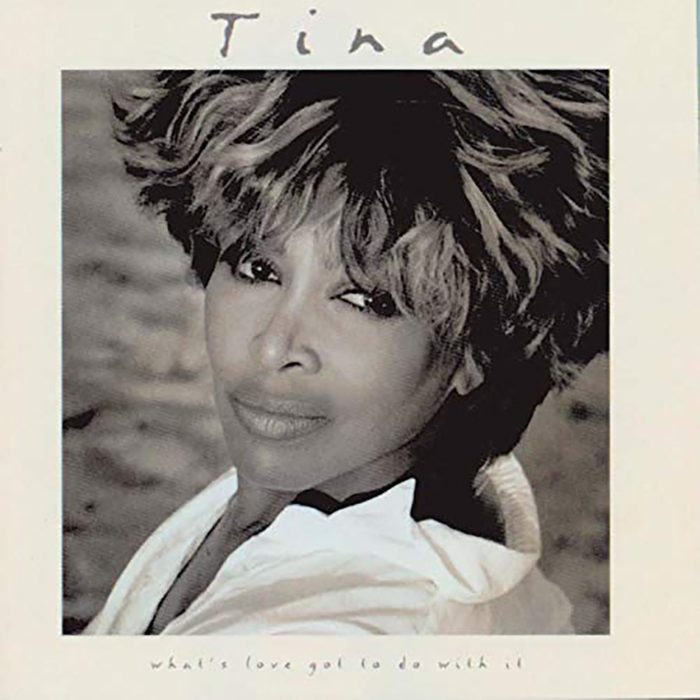
“What’s Love Got To Do With It”
Tina Turner’s 1980s hit has a grammar gaffe right in the title. But Pasha would stand in the way of an editor correcting it to “what does love have to do with it?” or even “what’s love have to do with it.” “Music reflects the way some people speak, especially when they are in an emotional, uninhibited state,” she explains. “I think keeping the lyrics the way they are captures the emotions of the song.” See if you can pass this high school grammar test.